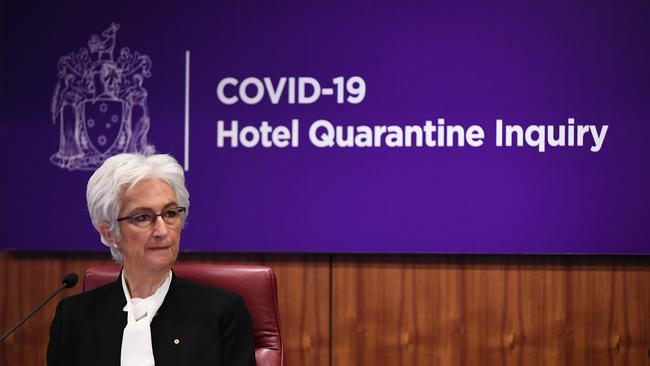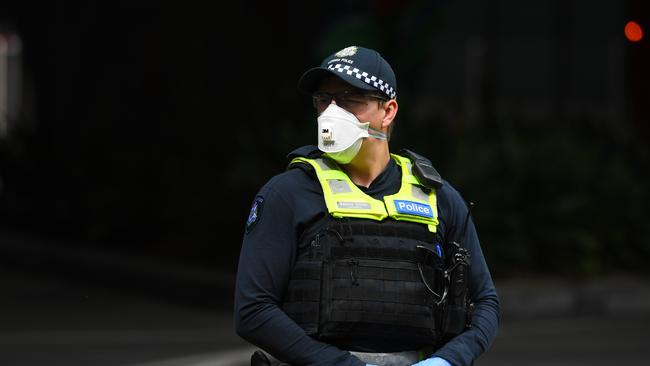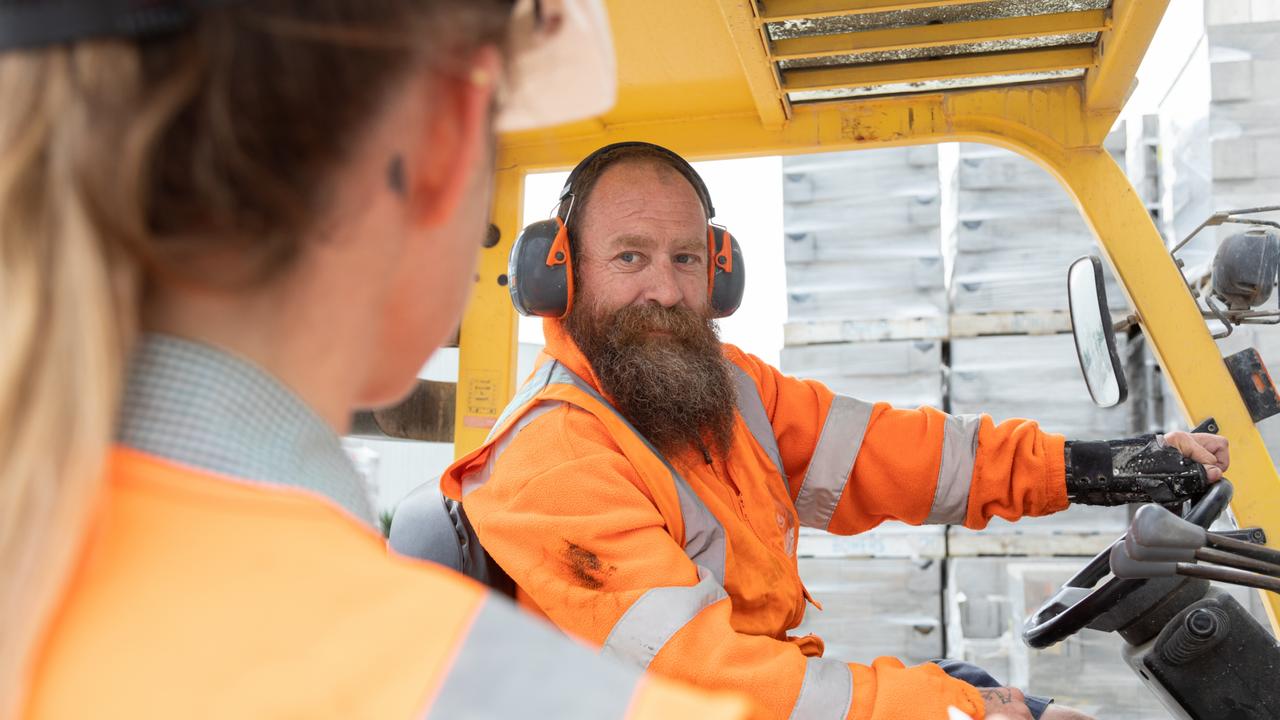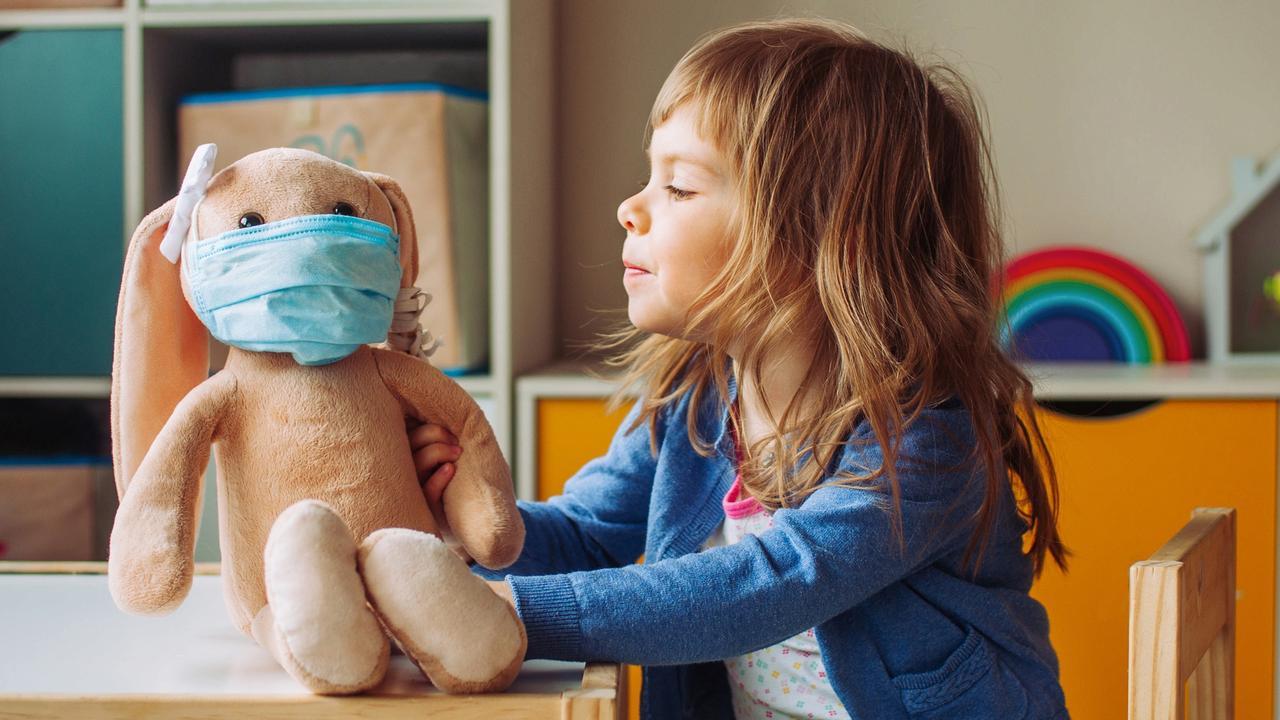Hotel quarantine security firm’s license renewed
A security company that provided services to Victoria’s hotel quarantine program has had its license renewed by Victoria Police.

Victoria
Don't miss out on the headlines from Victoria. Followed categories will be added to My News.
A security business caught up in Melbourne’s hotel quarantine disaster has had its license renewed by Victoria Police.
Unified Security had been allowed to operate on an expired license since June last year while it waited for police to consider its renewal application.
A Unified spokesman said on Tuesday night: “We became aware last week that our license had been renewed when the Licensing and Regulation Division updated their website. We have not been informed of any new conditions on the license and there was no information to suggest this might be required.”
He said the license renewal was “in no way surprising and shows that Victoria Police recognises Unified Security as a responsible, capable operator that fully adheres to all of our compliance requirements”.
“It also validates that we did the best job we possibly could have under very difficult circumstances in the initial phase of hotel quarantine in the first half of 2020.”

Unified received more than $30 million in contracts from the state government last year, which made up the bulk of the security work in the hotel quarantine program.
It was one of three firms contracted by the state government to supply guards at hotels.
The COVID-19 Hotel Quarantine Inquiry, headed by retired judge Jennifer Coate, found Unified, MSS, and Wilson all employed subcontractors.
In her final report handed down on December 21, Justice Coate said government staff were unaware of the extent to which security contractors relied on subcontracting.
“It was a significant deficiency that DJPR was not in a position to know the extent to which Wilson, MSS and Unified actually engaged in subcontracting throughout the duration of the hotel quarantine program, let alone be confident as to who was providing the services and whether they were properly equipped to do so,” the inquiry found.


